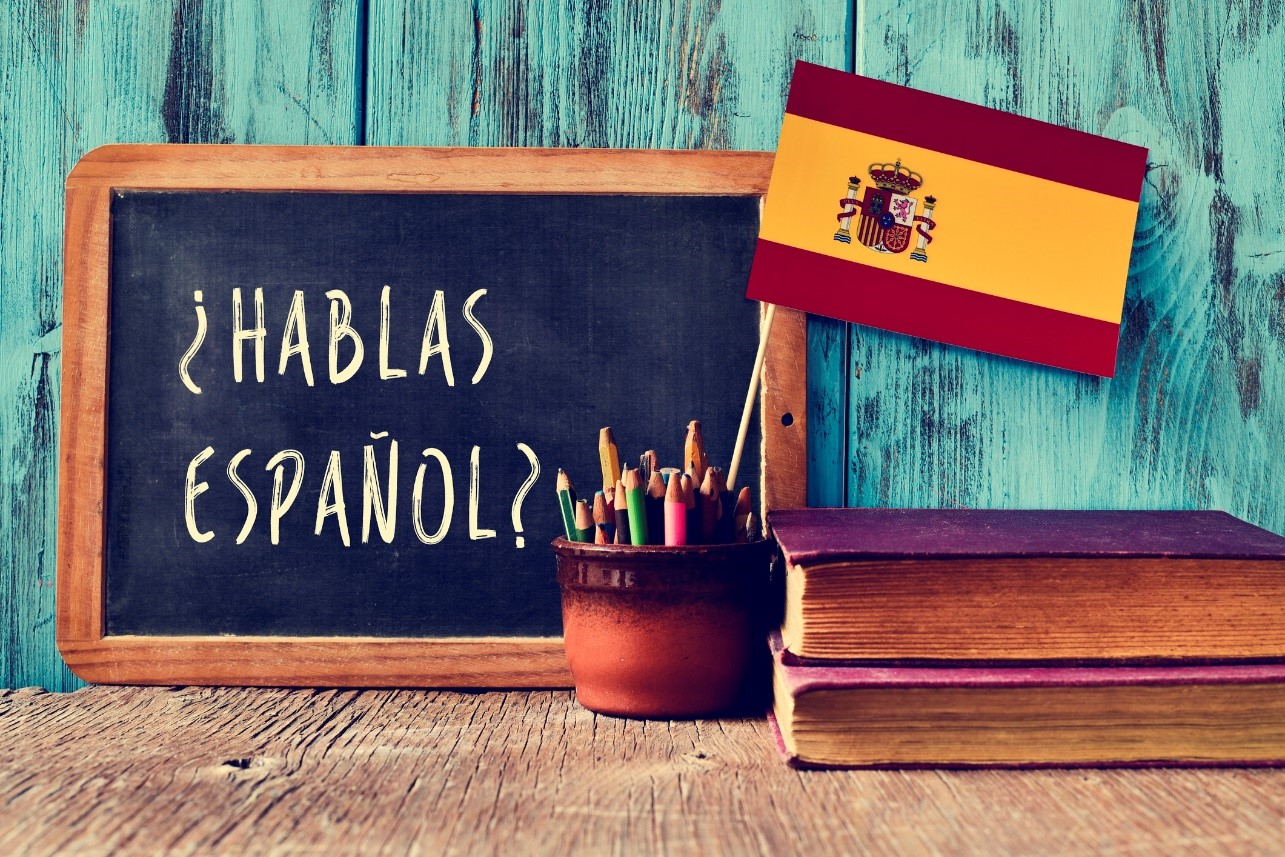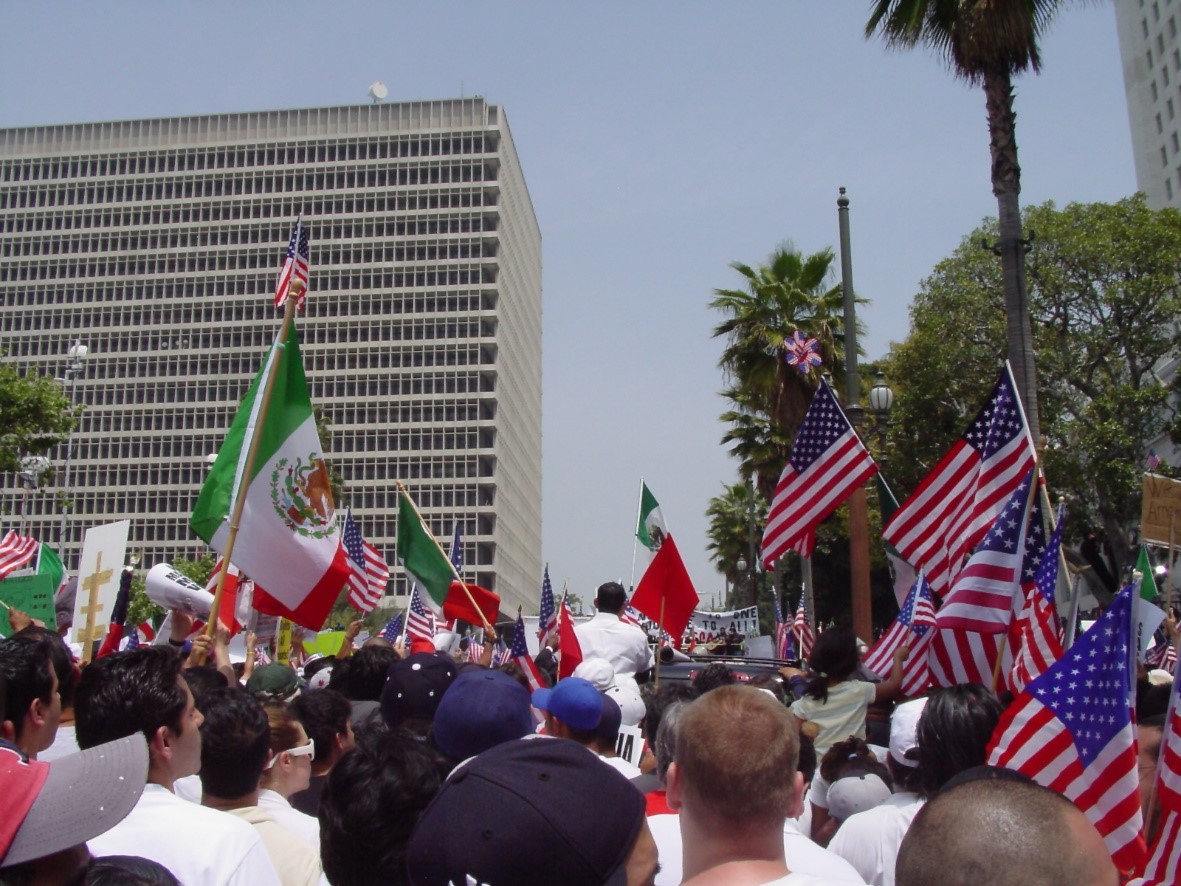
Certification | Apostille | Verification
Some documents may need to be treated in a special way or need some special handling, to be meeting the requirements set out for their intended purpose. Especially documents that are being used for public processing may require certification, to be accepted by that government agency. There are multiple reasons why a document may need to be certified, such as:
- Immigration
- Legal processing
- Application at a University (overseas)
- Marriage (marrying a foreigner)
There are many more cases when you might require a certified translation and our staff at Wagner is happy to consult you in detail about certification, apostille and verification services we offer, both domestic and overseas. Should you require such services overseas, do contact us right away and get a free consultation, as legal requirements vary in each country.
We also gladly support you with domestic and overseas Apostille & Verification Services.
Learn more about the definition of each service:
Notarial and Authentication (Apostille)
An Apostille is a certificate issued by a designated authority in a country where the Hague Convention Abolishing the Requirement for Legalization of Foreign Public Documents, Apostille Convention, is in force.
VERIFICATION
Verification of a translation means that the translation must be accompanied by a statement signed by the applicant or by the translator, to the effect that, to the best of his knowledge, the translation is complete and faithful. There are only a few designated Offices that require verification.
CERTIFICATION
Certification of a translation means that the translation must be certified by a public authority or a sworn translator. This is usually not required for an (international) application, but if a designated office reasonably has doubts about the accuracy of the translation, it may require the applicant to furnish a certification of the translation.
Learn even more about our services by speaking to one of our representatives!


































